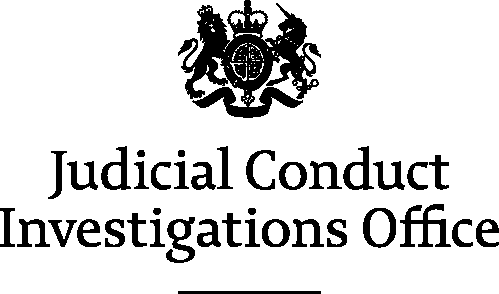




JCIO 37/25
Date: 20 August 2025
A spokesperson for the Judicial Conduct Investigations Office said:
The Lady Chief Justice, with the Lord Chancellor’s agreement, has issued Recorder Paul Kirtley with a formal warning for misconduct.
Facts
The Guide to Judicial Conduct requires judicial office-holders to ensure that their conduct, both in and out of court maintains and enhances the confidence of the public, the legal profession and litigants, court staff and colleagues in their personal impartiality and that of the judiciary. It also states that judicial office holders “should avoid situations which might reasonably reduce respect for judicial office or might cast doubt upon their judicial impartiality; or which might expose them to charges of hypocrisy by reason of their private life”.
A complaint was made to the Judicial Conduct Investigations Office (JCIO), alleging that Recorder Kirtley engaged in sexual intercourse with the complainant in his judicial chambers over 15 years ago, while they were in a relationship.
Recorder Kirtley’s representations
Recorder Kirtley admitted that the sexual encounter, with his then partner, had taken place as alleged and accepted that his conduct had been inappropriate. He also expressed shame and offered his unreserved apologies.
Nominated judge’s findings
An extension of time was granted in light of exceptional circumstances, and an investigation was carried out under the Judicial Conduct (Judicial and other office holders) Rules 2014. A nominated judge found that Recorder Kirtley’s behaviour amounted to misconduct.
In mitigation, the nominated judge found that the incident was a one off, consensual encounter that took place over 15 years ago. However, the nominated judge determined that a judge engaging in such activity in their judicial chambers would risk reducing respect for judicial office and recommended that Recorder Kirtley should receive a formal warning.
Decision
Having considered the mitigation offered by Recorder Kirtley, the Lady Chief Justice and Lord Chancellor agreed with the nominated judge’s recommendation.
Sanctions for misconduct by judicial office-holders are set out in the Constitutional Reform Act 2005. They are, in order of severity: formal advice, formal warning, reprimand and removal from office.
For more information about the Office, including details on how to make a complaint against a judicial office holder, you can visit the JCIO website at: Judicial Conduct Investigations website